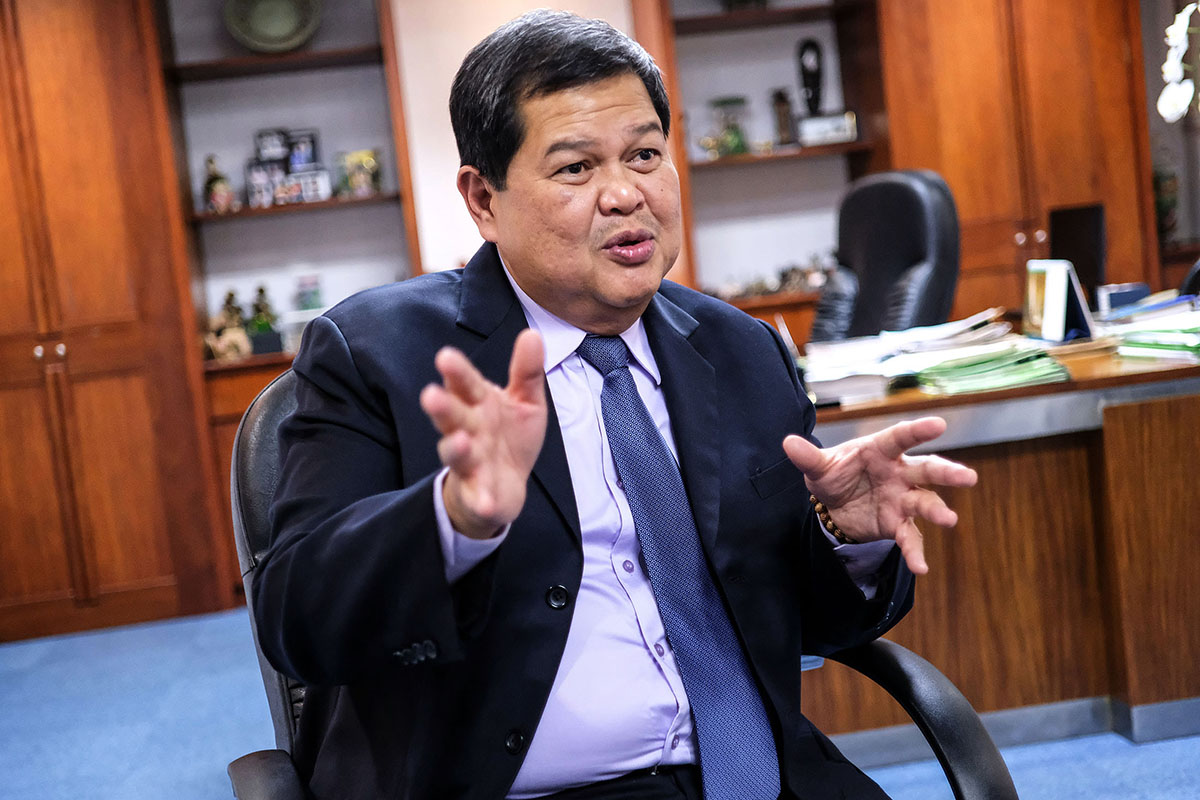Philippine central bank Governor Nestor Espenilla said contained inflation means there isn’t a need to increase interest rates in the near term.
"Right now, there is no need to move policy rates looking at the inflation outlook," Espenilla said in Washington where he was attending the annual International Monetary Fund meetings. "It might be too much of an anticipation to say we will raise interest rates at the next review."
An economic boom accompanied by surging credit growth has fuelled speculation that Bangko Sentral ng Pilipinas may need to tighten monetary policy. That would be a divergence from other central banks in Southeast Asia, like Indonesia and Vietnam, that have eased this year. The Philippines kept its benchmark interest rate unchanged at a record low of three percent last month. The central bank is next scheduled to decide policy on November 9.
The Philippine economy is headed for a sixth year of growth exceeding six percent, among the world’s fastest. That hasn’t yet translated into an inflation problem with the central bank maintaining forecasts for this year and next year at 3.2 percent. The bank’s goal is to keep inflation within a range of two percent to four percent until 2020.
"If you look at it purely from that perspective, that is not really a big driver for us to move policy rates," Espenilla said on October 15. "Nonetheless, we review this on a six-week cycle."
The central bank governor said he won’t be pressured to lift rates if the Federal Reserve pushes ahead with further gradual tightening. In past economic cycles, central banks in Asia moved in tandem with the Fed. "Our monetary policy is not hostage to what happens in another jurisdiction. We are in a different cycle."
Weak Peso
Describing the economy as increasingly strong, Espenilla played down concerns about the impact of the weak peso, which has declined more than three percent against the dollar this year, according to Bloomberg data. "Currency traders will do what they do."
On the nation’s credit boom, the central bank governor said demand for credit is based on underlying fundamentals and that its scrutiny of banks shows that loans quality remains high. Growth in net loans accelerated to 20.4 percent in August, the fastest pace since 2014.
Domestic credit to the private sector in the Philippines stood at 45 percent of gross domestic product in 2016, according to data from the World Bank. The ratio exceeded 100 percent in Malaysia, Thailand and China.
Bangko Sentral has adopted measures in the past to cool the property sector, including capping the value of real estate that can be used as loan collateral.
"It is not a situation where banks are lending to anyone who has a name and can sign a piece of paper," Espenilla said. "We know for a fact that the banks are lending very carefully into the market." – Bloomberg
